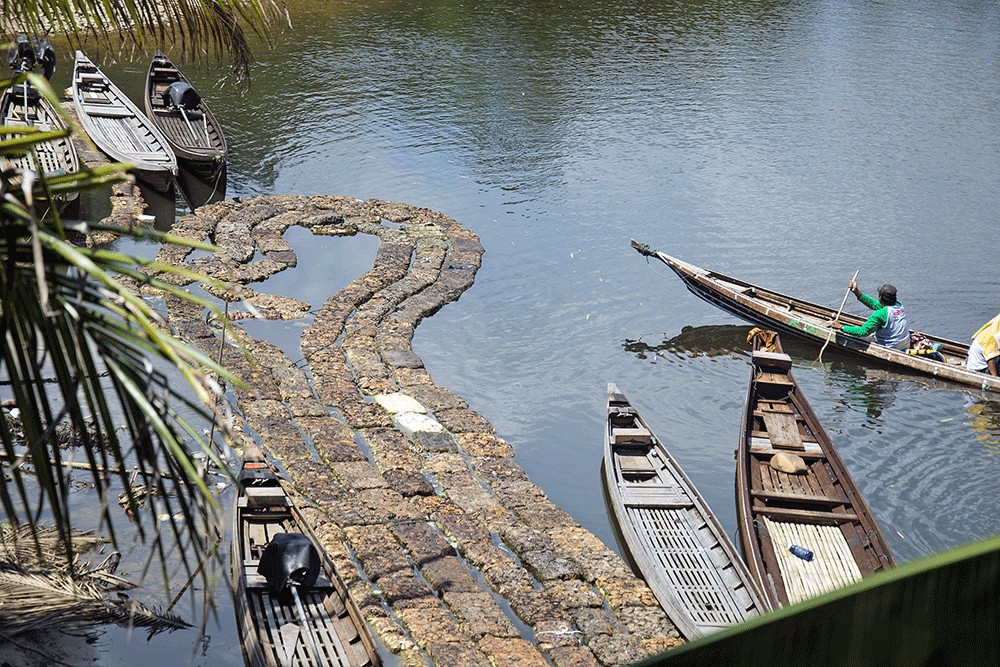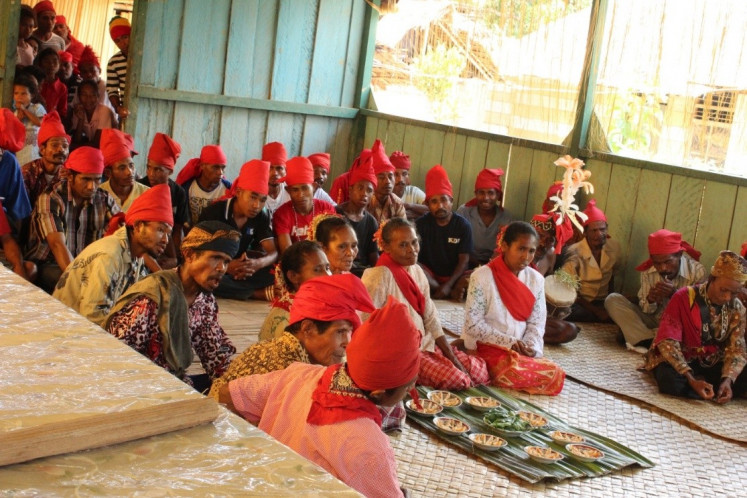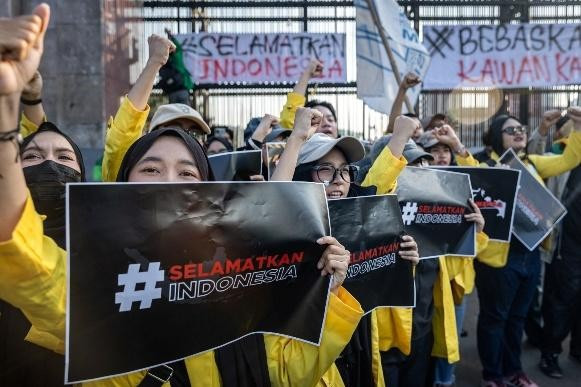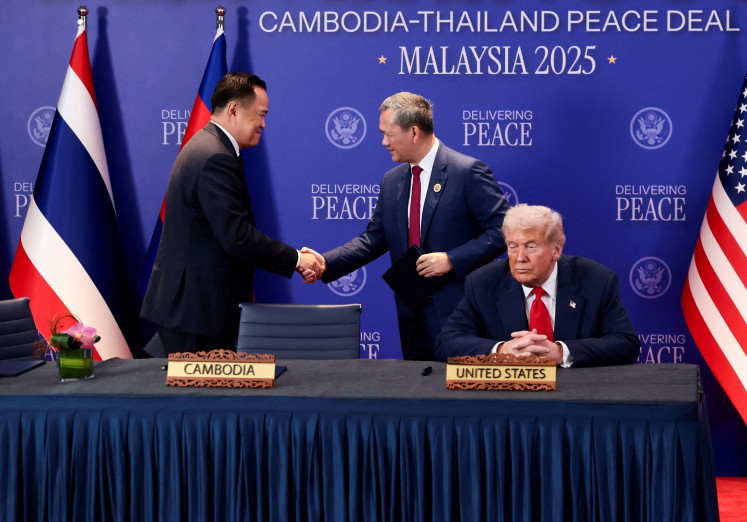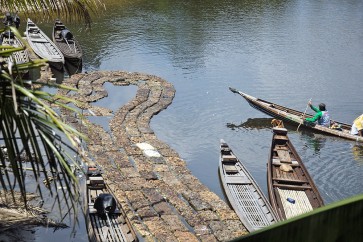Popular Reads
Top Results
Can't find what you're looking for?
View all search resultsPopular Reads
Top Results
Can't find what you're looking for?
View all search resultsBoost diplomacy to protect farmers
As evidenced by the cooperative move made by Indonesia, Thailand and Malaysia under the framework of the International Tripartite Rubber Council (ITRC), diplomacy can have real and direct positive impacts on smallholders. #opinion
Change text size
Gift Premium Articles
to Anyone
A
s evidenced by the cooperative move made by Indonesia, Thailand and Malaysia under the framework of the International Tripartite Rubber Council (ITRC), diplomacy can have real and direct positive impacts on smallholders.
Formed in December 2001, the ITRC’s main objective is to maintain the remunerative price for farmers of natural rubber in the three member countries, which together account for 75.5 percent of global supply of natural rubber, according to the Association of Natural Rubber Producing Countries.
The three member countries concluded the 32nd Meeting of the ITRC late last month in Krabi, Thailand. The meeting was important as the ITRC is monitoring the implementation of a temporary export quota of natural rubber from its member countries, termed by the organization as the Agreed Export Tonnage Scheme (AETS). The measure was taken as a critical part of efforts to improve the global selling price of natural rubber, which has declined in recent years, dropping to its lowest point when it hit US$1.21 per kilogram in December 2018.
As one of the most important export commodities for the three ITRC member countries, the low global selling price of natural rubber has deeply affected the lives of millions of farmers and their families in Indonesia, Thailand and Malaysia. In Indonesia alone, the number of natural rubber farmers is estimated to be at around 2.5 million heads of families.
Hence, counted together with members of their families, the total number of people who have direct dependence on natural rubber could reach up to 10 million.
Urgent measures, therefore, were urgently required to stop the downward trend of the global selling price. Against this background, the ITRC agreed in December to limit the export of natural rubber to the global market to create a deficit of supply against demand in the hope of improving the global selling price.
Under the temporary export quota, the three countries agreed to limit the export for four months, starting from April to August 2019 for Indonesia and Malaysia and from May to September 2019 for Thailand.

